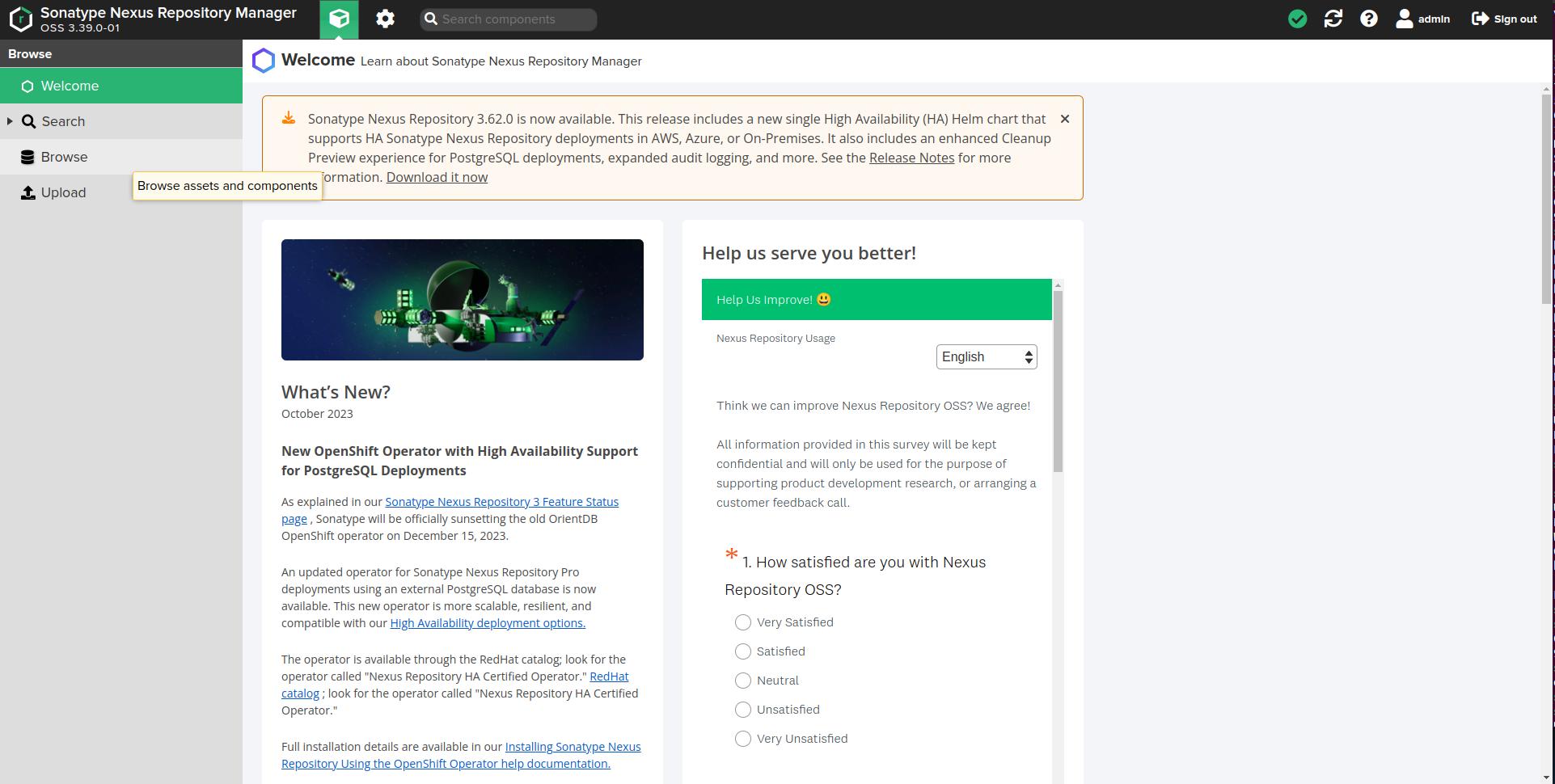
Maximizing Code Quality with SonarQube and Jenkins
Learn to improve code quality with SonarQube and Jenkins
In the world of software development, code quality plays a crucial role in ensuring the success and reliability of a software product. Two popular tools that are widely used for code quality analysis are SonarQube and Jenkins. SonarQube is an open-source platform that provides continuous inspection of code quality, while Jenkins is an open-source automation server that enables continuous integration and delivery of software. This article will explore the importance of code quality in software development and how SonarQube and Jenkins can be used to maximize it.



